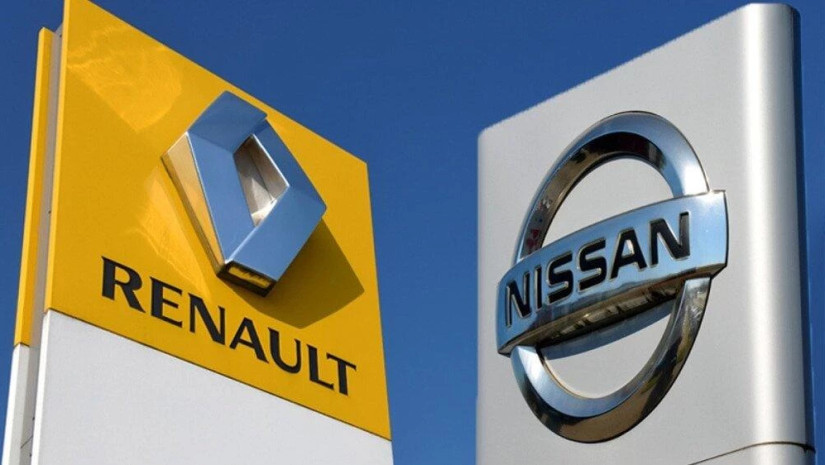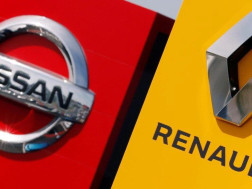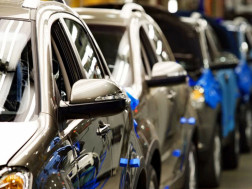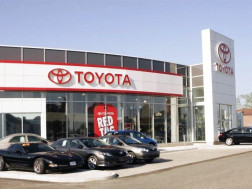The boards of Renault and Nissan gave their approval Monday to equalize the stake each automaker holds in the other, bringing a better balance in the French-Japanese alliance.
Under the decision, both companies will own 15% in the other. Up to now, Renault Group of France owned 43.4% of Nissan Motor Co., while the Japanese automaker owned 15% of Renault.
The uneven shareholdings had been viewed at times as a source of conflict in the alliance, which also includes the smaller Japanese automaker Mitsubishi Motors Corp.
“We have been waiting a long time for this moment,” Renault board Chairman Jean Dominique Senard said at a news conference Monday in London.
Nissan intends to invest up to 15% in Ampere, Renault’s electric vehicle and software entity in Europe. Mitsubishi Motors also will consider investing in Ampere. The automakers will collaborate in various markets around the world, including Latin America, Europe and India, they said.
The moves come at a time when the extremely competitive auto industry is undergoing a major shift toward electric vehicles and other environmentally friendly models.
The long speculated changes to the carmaker alliance was announced a week ago. Shares equivalent to a 28.4% stake will be transferred to a French trust, according to the companies. The French government is the top shareholder of Renault.
Renault and Nissan agreed on an orderly sale of that stake, although there will be no deadline on it.
The partnership will enter “a new era,” Senard said, by boosting common platforms and parts, as well as balancing the stakes the companies hold.
Nissan Chief Executive Makoto Uchida echoed Senard’s views, vowing to take the alliance to “the next level of transformation” to adapt to a new era.
“This is not a choice but a need,” he said.
The executives taking part, including Renault Group Chief Executive Luca de Meo, stressed that collaborations, cost cuts, model offerings and sales will grow, noting the companies’ relationship looked toward the future and will become “normal.”
Senard appeared to acknowledge the bumps along the way when he noted hopes that past misunderstandings will be fixed.
“These frustrations are behind us,” he told reporters.
In theory, alliances are a good way for automakers to cut costs by sharing parts, production and technology, especially when the industry is going through such dramatic change.
That also means that, once formed, ending an alliance can be difficult because the companies’ development, manufacturing and products get so closely tied together.
Still, partnerships can stumble because of the different corporate cultures of the automakers, especially when it involves a meeting of the West and the East.
The Renault-Nissan alliance, which started in 1999 and now includes Mitsubishi, was for years heralded as a success story.
It was plunged into scandal when Carlos Ghosn, the executive sent by Renault to lead a turnaround at the then-near-bankrupt Nissan, was arrested in Japan in 2018 on financial misconduct charges.
Documents and testimony that surfaced after his arrest appear to show that some people at Nissan resented Ghosn’s grip on power and what they saw as his extravagant lifestyle.
Japanese executives generally do not get the big paychecks often standard for their Western counterparts.
Ghosn, who says he is innocent, has jumped bail and now lives in Lebanon, which has no extradition treaty with Japan. Both Renault and Nissan have been distancing themselves from the Ghosn scandal, AP reports.
















